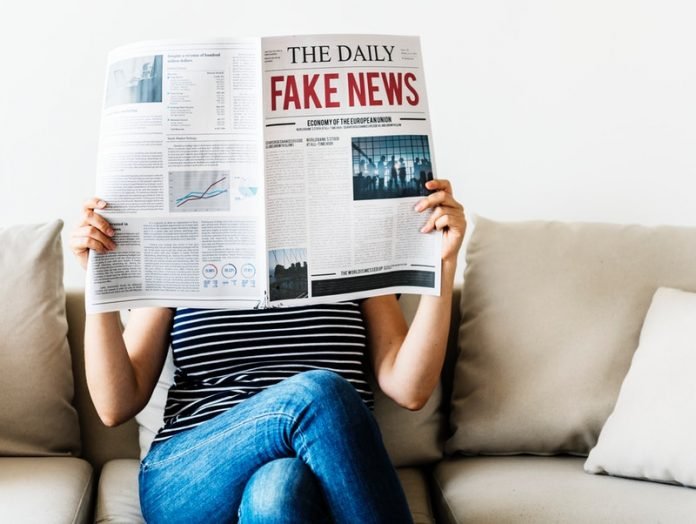
In a new study, researchers found that voters may form false memories after seeing fabricated news stories, especially if those stories align with their political beliefs.
The research was done in the week preceding the 2018 referendum on legalizing abortion in Ireland.
But the researchers suggest that fake news is likely to have similar effects in other political contexts, including the U.S. presidential race in 2020.
In the study, the team from University College Cork and UC Irvine in the U.S. recruited 3,140 eligible voters online and asked them whether and how they planned to vote in the referendum.
Next, the experimenters presented each participant with six news reports, two of which were made-up stories that depicted campaigners on either side of the issue engaging in illegal or inflammatory behavior.
After reading each story, participants were asked if they had heard about the event depicted in the story previously; if so, they reported whether they had specific memories about it.
The researchers then informed the eligible voters that some of the stories they read had been fabricated, and invited the participants to identify any of the reports they believed to be fake.
Finally, the participants completed a cognitive test.
The team found nearly half of the respondents reported a memory for at least one of the made-up events; many of them recalled rich details about a fabricated news story.
The individuals in favor of legalizing abortion were more likely to remember a falsehood about the referendum opponents; those against legalization were more likely to remember a falsehood about the proponents.
Many participants failed to reconsider their memory even after learning that some of the information could be fictitious.
And several participants recounted details that the false news reports did not include.
The team says the finding demonstrates the ease with which people can plant these entirely fabricated memories, despite this voter suspicion and even despite an explicit warning that they may have been shown fake news.
Participants who scored lower on the cognitive test were no more prone to forming false memories than were higher scorers, but low scorers were more likely to remember false stories that aligned with their opinions.
This finding suggests that people with higher cognitive ability may be more likely to question their personal biases and their news sources.
The team says in highly emotional, partisan political contests, such as the 2020 US Presidential election, voters may ‘remember’ entirely fabricated news stories.
In particular, they are likely to ‘remember’ scandals that reflect poorly on the opposing candidate.
People will act on their fake memories, and it is often hard to convince them that fake news is fake.
The study is novel because it examines misinformation and false memories in relation to a real-world referendum.
The lead author of the study is lead author Gillian Murphy of University College Cork.
The study is published in Psychological Science.
Copyright © 2019 Knowridge Science Report. All rights reserved.



